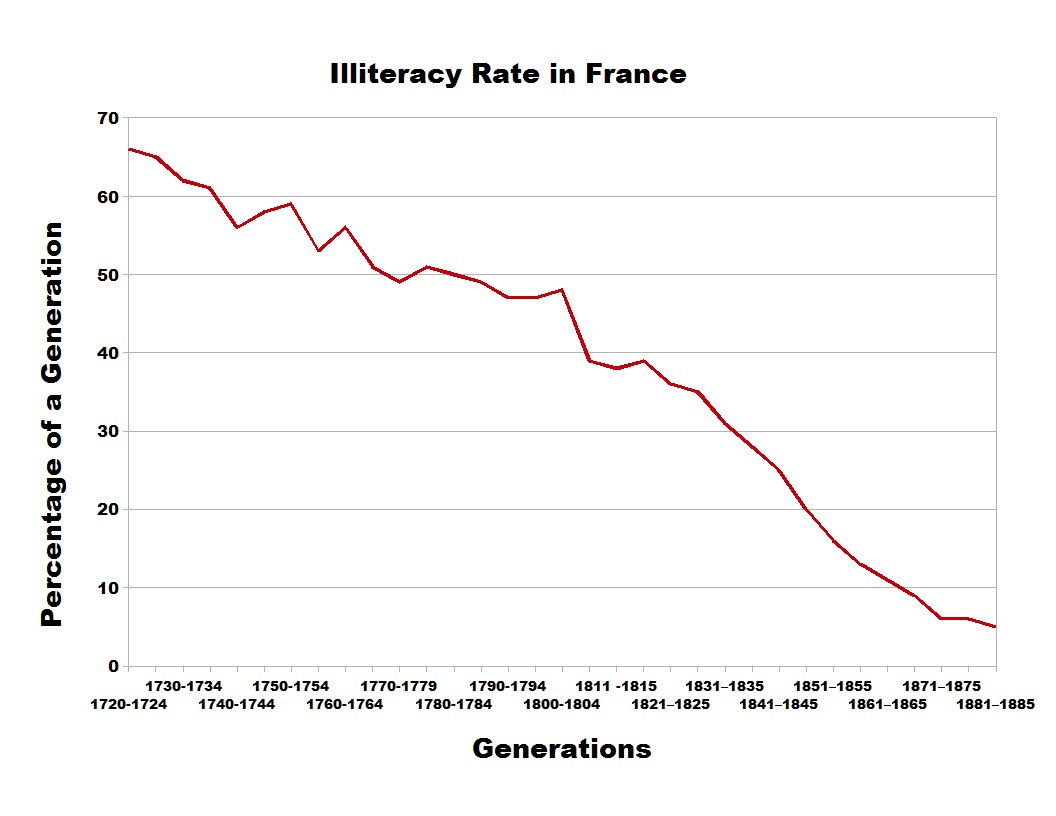Whilst there isn't much to add to Affable Geek's impressive answer, I would like to pick up on the themes of control that arise in other answers.
It is certainly clear that at various periods throughout British history (at least) there were attempts to translate the bible into the vernacular, and these met with a violent reception - take Wycliffe and Tyndale. Yet it is often clear that what these writers proposed went far beyond a simple translation of the bible, and amounted to a challenge to the existing church at least as much as a result of the fact that such men could be regarded as holding deviant views on dogmatic and organizational matters (the established hierarchy of the church, the practice of indulgences and so forth), as from the fact that they were trying to translate the bible.
Here is another interesting thought. Take a read of the following two passages from two authors, both interested in the effect of language upon thought and, importantly, how the way we understand language shapes the way we know the world. They are long and may not seem directly connected to the question, but bear with me because they set the scene:
Indeed, for most philologists at the time, the notion that the
grammar of a barbarian language could be a worthwhile subject of
study seemed perverse. Studying grammar meant the study of Greek
and Latin, because "grammar" was the grammar of Greek and Latin. So
when remote languages were described (not by philologists but by missionaries
who needed them for practical purposes), the descriptions
usually consisted of a list of Latin paradigms on one side and the allegedly
corresponding forms in the native language on the other side.
The nouns in an American Indian language, for example, would be
shown in six forms, corresponding to the six cases of the Latin noun.
Whether or not the language in question made any case distinctions
was irrelevant - the noun would still be duly frogmarched into nominative,
genitive, dative, accusative, vocative, and ablative. The French
writer Simon-Philibert de La Salle de l'Etang demonstrates this frame
of mind in his 1763 dictionary of Galibi, a now extinct language of the
Caribbean, when he complains that "the Galibis have nothing in their
language that makes distinctions of case, for which there should be six
in the declension of each word." Such descriptions seem to us today like
clumsy parodies, but they were conceived in complete earnestness
Guy Deutscher, Through the Language Glass, 2010 p. 133
Up to the end of the sixteenth century, resemblance played a constructive role in the knowledge of Western Culture. It was resemblance that largely guided exegesis and the interpretation of texts; it was resemblance that organized the play of symbols, made possible knowledge of things visible and invisible, and controlled the art of representing them [my emphasis]. The universe was folded in upon itself: the earth echoing the sky, faces seeing themselves reflected in the stars, and plants holding within their stems the secrets that were of use to man [here the author is referring the the Doctrine of Signatures]. Painting imitated space.
Michelle Foucault, The Order of Things, (first published in French in 1966
Deustcher's quote illustrates the fixation of European thought upon the historic language of Christendom, Latin. Latin was, in some sense, the standard against which all other languages could be held in account. From Foucault we learn the great importance of language at the time, the way it appeared to provide a foundation for knowing, and the (to many moderns) apparently mystical connection between objects of speech, and objects in the world.
Part of the explanation for why vernacular translations were worried about was because of fears about the capacity of such languages to relay the holy message (there is some excellent discussion of the general fears of French monks about relaying even historical events like battles in French rather than Latin in Lucien Febvre's "The Problem of Unbelief in the Sixteenth Century", but unfortunately I don't posses my own copy so can't give you quotes). There was a fear that vernacularisation and vulgarisation would go hand in hand. It would, therefore, be unfair on our ancestors to say that they may not have had genuine concerns (based upon their best understanding of the world) about the possibility of vernacularising the Bible, whilst still preserving the connection between the religious knowledge of man and the word of God. This also feeds into some of the concerns about the capacity of inaccurate interpretation that Affable Geek talks about.

